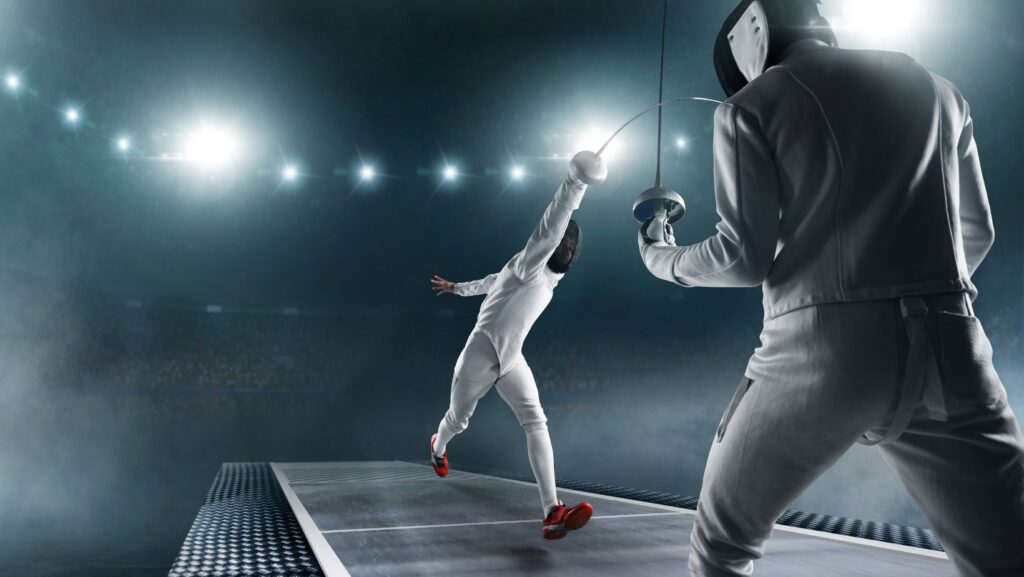As a sports enthusiast, I’ve always been fascinated by the rich history and cultural significance of traditional French sports. From the elegant art of petanque to the adrenaline-pumping game of savate, these sports offer a unique glimpse into the heritage of France. In today’s fast-paced world, it’s refreshing to see how these age-old sports continue to thrive and evolve, bridging the gap between the past and the present.
Exploring the role of traditional French sports in modern society reveals a deeper connection to the country’s roots and values. As I delve into the impact of these sports on French culture and identity, it becomes evident that they are more than just games – they are a way of life.
History of Traditional French Sports
When delving into the history of traditional French sports, one can uncover a tapestry deeply intertwined with the country’s cultural fabric. These sports have stood the test of time, originating from centuries-old customs and evolving into cherished pastimes that continue to resonate in modern society.
From the elegant art of fencing to the skillful precision of petanque, each sport carries with it a legacy of tradition and pride. Savate, known as French kickboxing, is another sport that reflects the combative spirit of the French people. These traditional sports not only showcase athleticism but also serve as a window into France’s historical narratives and values.
As modern society continues to evolve, these traditional sports persist as symbols of resilience and continuity. They offer a glimpse into a bygone era while simultaneously adapting to the demands of the present. The enduring popularity of traditional French sports underscores their significance in shaping not just athletic pursuits but also the collective memory of a nation.

Traditional French Sports
Exploring the Popular Traditional French Sports that have stood the test of time and continue to thrive in modern society provides a fascinating glimpse into the country’s athletic heritage. Here are some noteworthy traditional French sports that remain beloved by enthusiasts across generations:
- Fencing: Known for its grace and precision, fencing has deep roots in French culture, dating back to the Middle Ages. It is not only a sport but also an art form that requires skill, strategy, and agility.
- Petanque: A quintessentially French pastime, petanque involves skillfully tossing metal balls on a gravel surface. It’s a popular game played in parks, squares, and backyards, embodying the relaxed yet competitive spirit of French leisure.
- Savate: Combining elements of martial arts and boxing, savate is a unique French combat sport that emphasizes agility and footwork. It showcases a blend of athleticism and tradition, reflecting the country’s diverse sporting landscape.
These traditional French sports hold a special place in the hearts of the French people, serving as a reminder of their cultural heritage and providing a platform for both recreation and competition. Embracing the past while looking towards the future, these sports continue to inspire and engage athletes of all ages and backgrounds.
Evolution of Traditional French Sports
As I delve into the evolution of traditional French sports, it’s fascinating to witness how these age-old activities have seamlessly transitioned into modern society.
- Fencing, with its origins in medieval swordsmanship, has evolved into a refined sport emphasizing speed, agility, and strategy.
- Petanque, a quintessentially French pastime, has adapted to contemporary demands while retaining its charm and accessibility.
- Savate, a graceful form of French kickboxing, showcases a blend of athleticism and tradition, appealing to both traditionalists and modern audiences.
French sports have demonstrated remarkable resilience and adaptability, embodying the essence of cultural continuity in a rapidly changing world.

Relevance in Modern Society
In Modern Society, traditional French sports play a crucial role in preserving the country’s cultural heritage. These sports serve as symbols of French identity, connecting the past with the present in a dynamic way. The relevance of sports such as Fencing, Petanque, and Savate extends beyond mere physical activities; they embody the values and traditions that have shaped French society for centuries.
Fencing, with its focus on elegance and adaptability, embodies the essence of French sophistication. In a world that is constantly evolving, this sport showcases how tradition can coexist with modernity, inspiring individuals to embrace change while staying true to their roots.
Overall, the relevance of traditional French sports in Modern Society goes beyond mere recreation; it serves as a testament to the enduring legacy of French culture and the resilience of its people. By embracing these sports, we not only honor our past but also pave the way for a brighter and more connected future.

